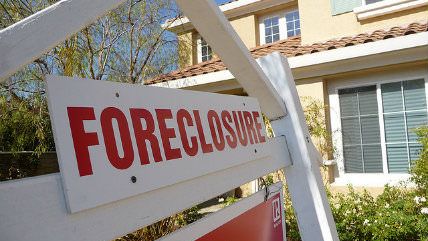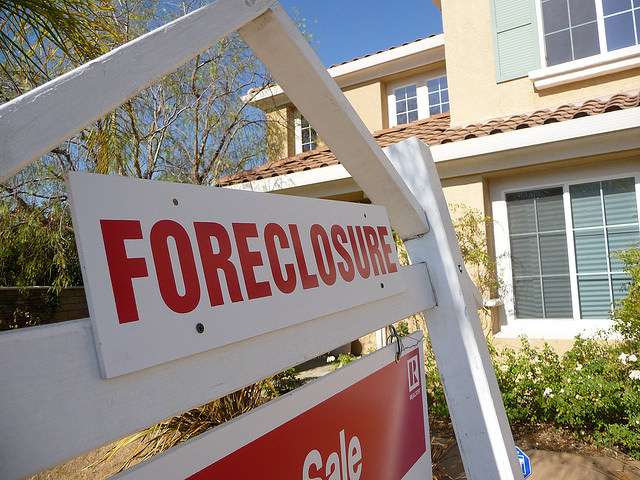Big Banks Put In Charge of (Their Own) Foreclosure Settlement Payout


Step one: Use shoddy foreclosure policies to wrong four million homeowners. Step two: Agree to pay out $3.6 billion in a settlement with federal regulators. Step three: Get put in charge of the disbursement of that settlement.
This new agreement was reached after a year and $2 billion spent working with consultants made zero headway towards helping those facing foreclosure, raising questions about who these regulators were, why they were chosen, and what went wrong.
Cutting out the middleman is a time-honored way of saving money and trimming budgets. But is it the right move to put these banks in charge of cleaning up the mess they created through negligence (at best) or fraud (at worst)?
"Why did you not trust the banks a month ago?" asked one consultant who spoke anonymously for fear of offending regulators. "And why do you solely rely on them now?"
Of course, there's one other complication. The Independent Foreclosure Review was set up to fail.
The Office of the Comptroller of the Currency now says that it will check the work of the banks involved, which includes Bank of America, JPMorgan Chase, and Wells Fargo. They have established a system that they think will be more equitable than a uniform payment to all parties involved:
Under the plan outlined last week, the banks will pore over loan files… to identify the worst possible errors. Military personnel illegally foreclosed on, for example, will rank highest on the list. Borrowers who might be current on their loan payments—and therefore did not warrant a foreclosure—will be next.
Regulators will then decide how much money to pay each category of borrower. The worse the errors, the bigger the payout.
Housing advocates are not so optimistic, claiming that the banks have every incentive to skimp on the process just to get it over with (not to mention conceal wrongdoing). Regulators respond to their concerns by pointing out that the settlement amount is fixed, thus "creating a backstop."
In other words: we don't care so much who gets the money as long as it all gets paid out. A classic government sentiment: thinking that any sort of redistribution creates wealth and solves problems.
